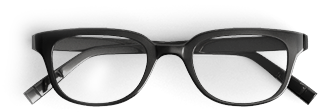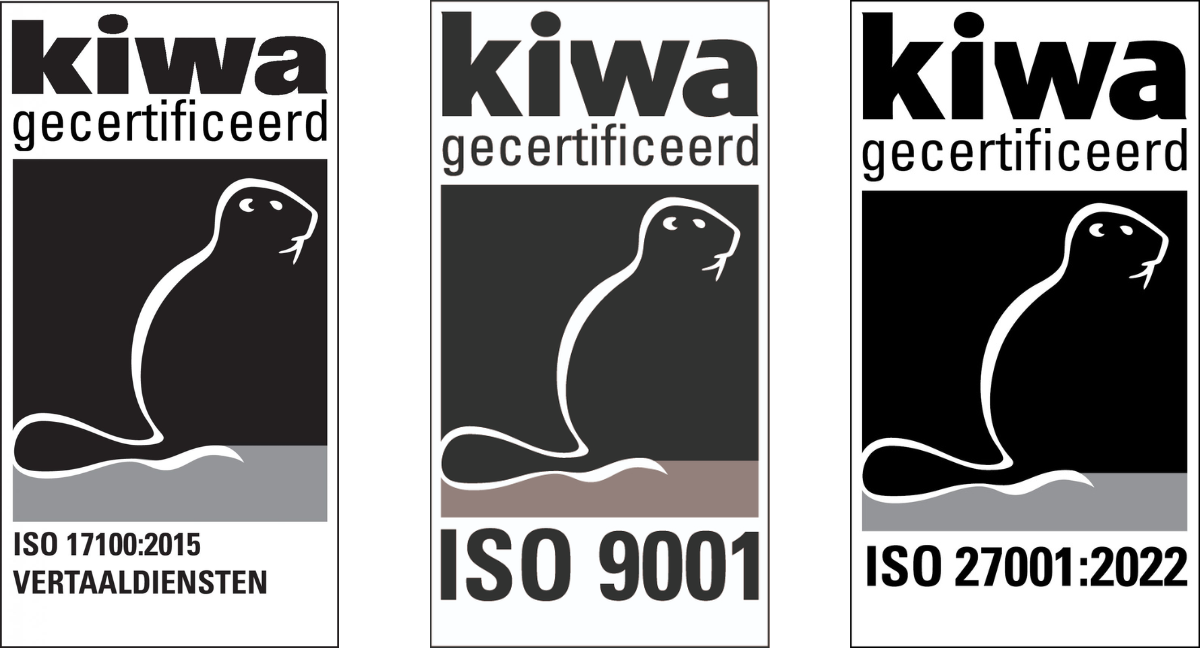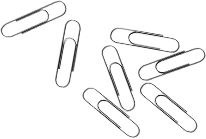Hebrew translation agency
- Only experts in the Hebrew language
- Get the best Hebrew translations….
 Hebrew translation agency
Hebrew translation agency
Classical Hebrew belongs to the Semitic branch of the Afro-Asian languages; it is related to other Semitic languages such as Arabic and Aramaic and, to a lesser extent, to Berber and Somali. Modern Hebrew, which is spoken by approximately 8.5 million people, can’t really be considered a Semitic language anymore. Due to its entirely different sentence structure, it became more like an Indo-European language. Which makes sense, considering that modern Hebrew was created and implemented by Europeans. There is also Yiddish or Jewish German, a Germanic language spoken by approximately 3 million people, and Ladino (Jewish Spanish).
Classical Hebrew became obsolete around the year 0, which made it a dead language in the sense that no one ever spoke it in daily life. It only remained in use in liturgy. In the 19th century, Hebrew was brought back to life. Modern Hebrew was created to serve as the language of the Jewish part of Palestine and what would later become Israel. This makes Hebrew one of the few dead languages that was brought back to life, in this case in a strongly renewed form. Other examples of dead languages that are being spoken again are Cornish (Celtic language from Cornwall) and Max-Gaelic (Celtic language from the British Isle of Man). These have been revived in their original forms, however.
Hebrew has enriched Dutch with a fair number of words. The words bajes, goochem, lef, mesjogge, smeris, sores, tof, and gabber originate from Yiddish. And many Biblical terms such as amen, satan, and hallelujah are derived from Classical Hebrew.
We are an ISO 9001 and ISO 17100 certified translation agency. This means we have obtained the highest achievable European quality standards for translation agency. As a result, both we, and the translators we work with must meet high competency requirements. In addition to this certifications, we also do this by using in-country translators; Hebrew translators who live in Israel. When translating a text, the local culture needs to be taken into account, even when it comes to the little things; it is important that the target group is addressed in the right way. In-country translators are local experts who simply have an advantage when fine-tuning the translations.
We also always offer you a 100% satisfaction guarantee and a lowest price guarantee. You can find out what our clients think of that on this independent website. Needless to say, we always select our translators very carefully, and they are always required to sign a confidentiality statement. Therefore, your texts are always handled very discreetly.
You can request a free quote using the button below. We will send you a customised quote for your Hebrew translation within 30 minutes.
15.000+ clients have already placed their trust in us

Translation Agency complies with the highest attainable certifications: ISO 9001:2015, ISO 17100:2015, and ISO 27001:2022. Top quality, security and service remain our number one priority.


Translation Agency is a member of the VViN and EUATC; Organisations of translation agencies that work together to optimise quality and service.
